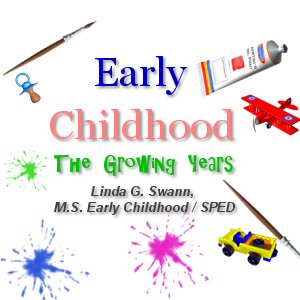Child Cognitive Development
 Continuing with predictable child development in the six domains (gross motor, fine motor, cognitive, language, self help/adaptive, and social/emotional), we will explore cognitive skill development. In cognitive skill development, we simply turn on brain function to create intellect. Intellect is the capacity for knowledge, or the capacity for rational or intelligent thought, especially when highly developed. As parents, grandparents, and caregivers, we are a challenged to assist the child in “highly developing” their intellect.
Continuing with predictable child development in the six domains (gross motor, fine motor, cognitive, language, self help/adaptive, and social/emotional), we will explore cognitive skill development. In cognitive skill development, we simply turn on brain function to create intellect. Intellect is the capacity for knowledge, or the capacity for rational or intelligent thought, especially when highly developed. As parents, grandparents, and caregivers, we are a challenged to assist the child in “highly developing” their intellect.
With the development of basic gross and fine motor skills, the infant has the ability to explore the world around him/her. In infancy, the world is confined to members of the family and caregivers. The infant focuses on faces gathering input necessary to develop cognitive skills. This input comes in many forms. Exaggerated faces, singing, touching, massaging and gently talking to the infant are ways to encourage cognitive growth.
One interesting way we assist our child’s cognitive growth is called “Motherese”. “Motherese” builds cognitive skills through language development. “Motherese” is automatic, we do it without thinking or planning. Have you ever heard a mother speak to her child using a very soft, unrecognizable language? You may hear, “iche, gech, gooo”, or “tiky, kiky, boo, boo”. Mom does this, the baby laughs, so… Mom does it again. It is done over and over again, until the infant begins making similar sounds. What Mom does not know, is she is introducing her baby to sounds (not words) in her native language. As the baby begins to make sounds, the mother expands her utterances to include words. This sounds something like… “mmm..ooo..n”, or “ba…aaaa…be”. We are saying moon and baby in a way that may not be recognized as English. The infant watches our mouth, hears our sounds and imitates us…thus language is developed… and cognitive development is expanded.
To continue cognitive development using language, talk to your child. Describe things to him/her using many attributes, such as the large blue ball, instead of the ball. Use attributes when introducing things in the environment (Look at the dark blue sky with twinkling, shiny stars… or see the brown bunny with floppy ears). As your child gets older talk to him/her as you would an adult. Do not water down your language or use baby talk. Encourage your child to ask the meaning of words. Books are a very important tool in building cognitive skills. Talk about the things seen in pictures and ask questions appropriate to the child’s age. Begin with show me… taking the child’s finger and pointing to the answer. Children should be allowed to use books at will. Do not put the books aside so they will not get torn. While we should teach our children to respect books, we also need to let them “own” books. When given an opportunity to play with books, you will find your child attempting to “read”. You should read three or four books a day to your child, and talk about what you read and the pictures you see.
More on cognitive skill development next week.












